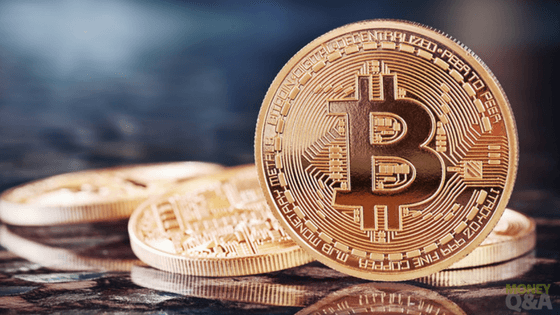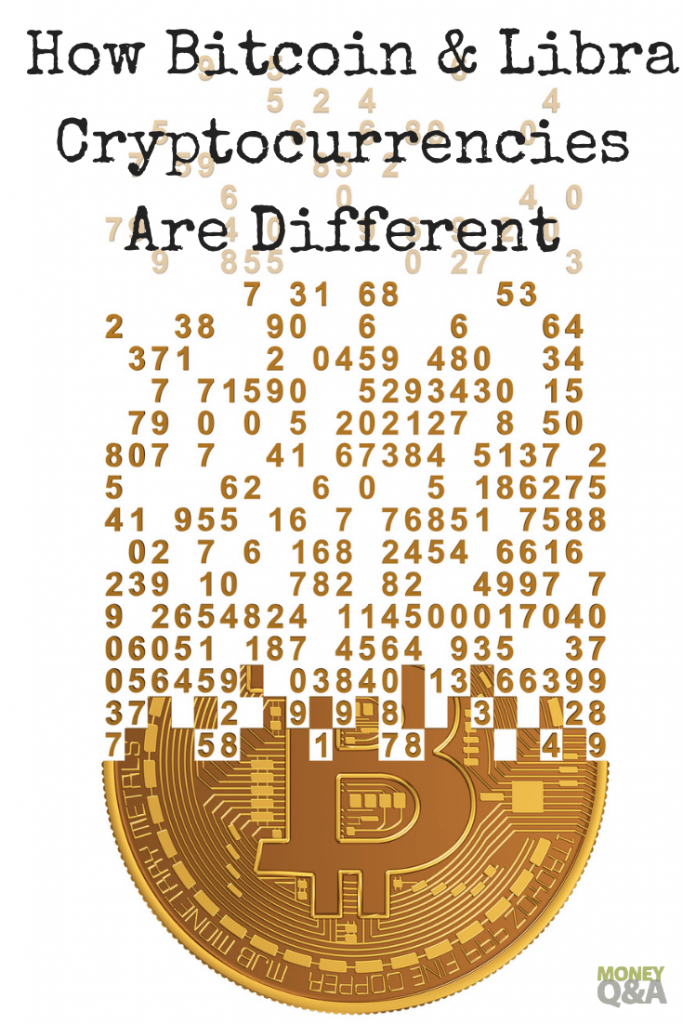
Many people are curious about cryptocurrencies but still don’t fully understand how they work. We marvel at stories like the Norwegian guy who bought $27 worth of Bitcoin in 2009 (worth $980,000 in 2019 figures) and wonder how people with even one Bitcoin were clever enough to invest before it surpassed $18,600 in December 2017.
It’s worth mentioning how volatile cryptocurrencies can be. In 2019, the value of one Bitcoin has hovered around the $9-11,000 mark, which is nearly half of what it was worth during the peak of Bitcoin hype just two years prior. Several other cryptocurrencies have come out over the years – including the Shiba Inu meme-inspired Dogecoin – but few have experienced the massive popularity and public interest that Bitcoin has.
Except for Libra. As a newcomer to the cryptocurrency field (announced in June 2019 and set to launch in 2020), Libra probably wouldn’t have gotten much attention if it weren’t associated with Facebook. In contrast to Bitcoin, Libra will be a permissioned blockchain digital currency with several key differences that could influence how many consumers will use it and whether investors may be interested in yet another cryptocurrency.
Since not all cryptocurrencies are created equally, let’s examine the key differences between Bitcoin and Libra.
What is the Blockchain Type?
Bitcoin is considered “permissionless,” which means miners are free to mine whenever they want without seeking permission from an external authority figure or organization. Mining requires a great deal of hardware and technical expertise to succeed, which might partially explain how the price of Bitcoin skyrocketed in recent years.
Libra is considered a “permissioned blockchain” digital currency, which means there is an access control layer that determines who gets access to the network. In other words, there are no anonymous transactions at play and the private network owner is able to assess validators beforehand.
Who Controls the Cryptocurrency?
Bitcoin is decentralized, which means no single authority (or group) controls the network. Validators anonymously record transactions on the blockchain, which is a seemingly infinite database spread out across countless computer networks. The sheer scale of this database makes it extremely difficult for hackers, thieves or other criminals to successfully attack the network.
Meanwhile, Facebook and the Libra Association (membership organization with over 25 companies and nonprofits in a variety of sectors such as fintech, Telecomm, payments, etc.) will control Libra. Thus, the cryptocurrency is not as much of a free-for-all as the decentralized Bitcoin is; some of the biggest tech companies in the world will control it, which has led some critics to argue that Libra shouldn’t count as a cryptocurrency due to its use of intermediaries.
How Are These Cryptocurrencies Valued?
Bitcoin’s value fluctuates quite a bit because it’s not dependent on a single government or globally recognized standard. There is a fixed supply of Bitcoins in the world (21 million), so traditional financial system practices of simply printing more money or using government policies to manipulate the currency’s value are not applicable to Bitcoin. Instead, Bitcoin’s value depends on the present demand for such a currency.
Libra differs from Bitcoin in that it will be tied to the top global currencies (USD, Euro, JPY, AUD, etc.) and other traditional financial assets. Rather than having a fixed supply, Libra coins will rise and fall in conjunction with the value of the fiat currency pool.
Peer-to-Peer Transactions
Bitcoin transactions occur anonymously (perhaps that’s why criminals and terrorists are increasingly relying on Bitcoins). There is no middleman (financial institution or other third-party) involved; just the miner and the validator.
On the other hand, Libra transactions require approval and they cannot be censored. Thus, they function similarly to the cryptocurrencies we’ve been seeing over the past few years, but they’re substantially less private than decentralized blockchain currency transactions.
Are Bitcoin and Libra Good Long-Term Investments?
There are currently 17 million Bitcoins in existence (4 million left to “mine”). Similar to gold and other precious metals, Bitcoins are finite investments with no intrinsic value – they’re predicated on the market’s demand for them in terms of the current bitcoin price. While Bitcoins are certainly worth much more than they used to be, the volatility of cryptocurrencies like Bitcoin suggests they may not be great investments in the short- or long term.
To determine whether Libra will be worth it in the long run, it comes down to an answer of “wait and see.” The idea of Facebook wielding a preponderance of control over what they liken to be a global digital currency revolution is concerning in wake of the countless consumer privacy investigations and scandals surrounding the company, but this doesn’t mean Libra should be dismissed, either.
Time will tell how valuable (or not) these cryptocurrencies will become, so proceed with caution and start with the assumption that you could end up with a worthless digital token before pouring any money into cryptocurrency investments.

